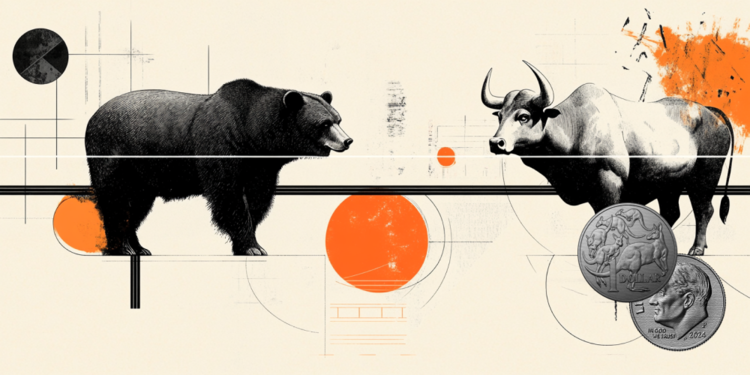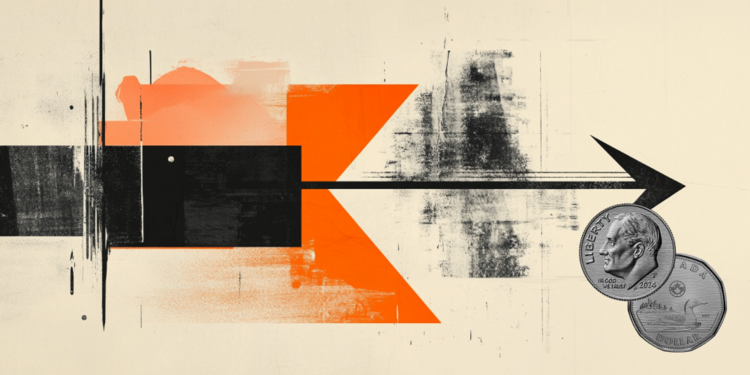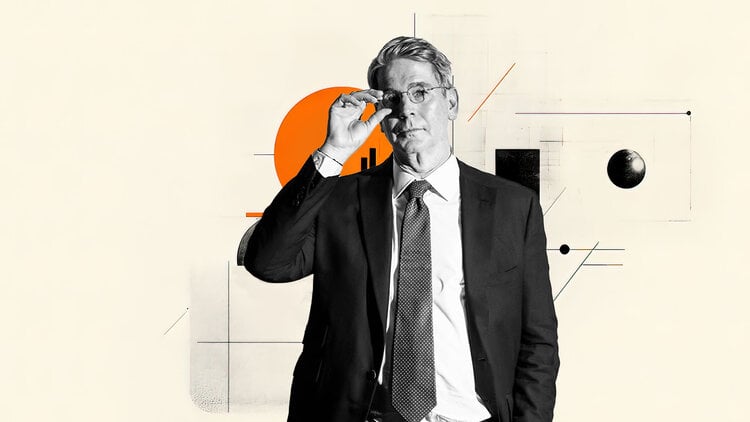The country is home to notorious drug lord Pablo Escobar, and the origin of the legendary Ouro de Santa Marta — once one of the most sought-after marijuana strains in the United States — named after Colombia’s Sierra Nevada de Santa Marta mountain range.
For many, Colombia is synonymous with drug cartels and drug traffickers. It is also one of the largest narcotics producers in the world: last year, the US government estimated that the country produced more than 1 million kilograms of cocaine, the largest amount in the world and more than the two closest nations, Peru and Bolivia together. So, when the new president of the South American country said that he intends to regulate the use of illicit substances – or at least some of them – the world stopped to listen.
“It is time to accept that the war on drugs was a total failure,” Colombian President Gustavo Petro announced during his inauguration earlier this month, commenting on a bill his administration recently introduced to Congress to legalize recreational marijuana. .
Colombia’s law already allows for the production of medical cannabis, primarily for export to foreign markets such as the United States and Canada, but supporters of the new legislation believe legalizing recreational cannabis could turn thousands of farmers away from drug trafficking. drugs and bring them closer to the legal trade.
To this day, the Colombian state faces challenges in controlling its territory from a range of criminals, from former left-wing guerrillas and paramilitaries to drug traffickers and organized crime syndicates. Drug trafficking is a powerful source of revenue for these thugs, and over the past 50 years, public authorities have pushed for a prohibitionist agenda, condemning the trade and consumption of drugs to hit the pockets of criminals. But the flow of illicit drugs never stopped.
“We will never achieve peace in Colombia until we regulate drug trafficking,” commented Senator Gustavo Bolivar, one of the signatories of the new bill and a close ally of the new president.
“Not even the United States, with all its strength and money, could win the war on drugs. At the moment, Colombia produces more drugs than when Pablo Escobar was alive, there are more consumers and more producers. Drug trafficking is growing despite the money we invest to fight it and the thousands of deaths we suffer,” said Bolivar, who recently traveled to the US state of Colorado to see firsthand the economic benefits of legalization. of marijuana.
In an interview, Bolivar told CNN that it was hypocritical for the United States to legalize marijuana at home and support drug wars abroad, as in Colombia, where Washington sends millions of dollars every year to arm and train Colombian forces in their fight against cartels.
A landmark report by the Truth Commission, an interdisciplinary panel charged with investigating more than 50 years of civil conflict in Colombia, found that drug trafficking helped prolong the conflict, despite nearly $8 billion in US military aid to Colombia. At least 260,000 Colombians, the vast majority civilians, were killed in the violence.
A new generation of Colombian leaders
The campaign to legalize marijuana in Colombia unites left-wing senators like Bolivar with civil society organizations and wealthy foreign investors, and has received a boost in the country’s last 12 months of political change, with Petro ascending to the presidency and progressive parties now representing majority in the Colombian congress.
“We envisioned legalizing recreational use for adults in two, three or four years. But now we expect that to happen later this year,” said Luis Merchan, a Colombian entrepreneur who is CEO of Flora Growth, a Toronto, Canada-based company that is investing in Colombian marijuana, from medical cannabis to textile hemp.
Activists who have fought for this change for years agree.
“We think the time has come,” said Luis Felipe Ruiz, a researcher at the Colombian NGO Dejusticia, which has supported drug decriminalization and has documented the war on drugs for years. Drug trafficking is the leading cause of detention in Colombia and, according to the Colombian Ministry of Justice, 13% of the country’s prisoners are serving a sentence related to the drug trade. Ruiz argues that one of the benefits of legalizing marijuana would also be a decrease in the country’s prison population.
“A large part of the political world is ready to have a debate on the legalization of marijuana, and frankly, taking the stigma off cannabis is already a huge victory for us,” Ruiz told CNN .
Those who oppose legalization come from the conservative right and believe the change would only make drug abuse easier. Former president Álvaro Uribe, political mentor of Petro’s predecessor, Ivan Duque, and the main exponent of conservatism in the country, tweeted in 2020 that “recreational marijuana leads to other drugs, alters neurons, the consumer reaches states of alienation, loses control over his decisions, which is the loss of his freedom,” celebrating when an earlier marijuana legalization bill had been blocked in Congress.
illegal agriculture
Historically, marijuana in Colombia is grown by small farmers who cannot afford the pharmaceutical licenses needed to produce medical cannabis, so they end up selling their produce to drug cartels.
The bill presented to Congress could allow these small producers, most of them based in Colombia’s chronically underdeveloped rural regions, to finally enter the legal market.
COCCAM, a confederation of coca, marijuana and poppy growers that works as a lobby group for illicit farmers, estimates that up to 3,000 families depend on illegal marijuana as their main source of income, mostly in the southwestern state of Cauca. In most cases, these producers live in isolated rural areas that are hours away from the nearest paved road.
Compared to legal agricultural products such as fruits and vegetables, marijuana and coca leaves do not spoil in a few days and are sold at a higher price per kilo. They also have the advantage of growing year-round, whereas most plants only harvest a few months a year.
Given Colombia’s historic role, legalizing recreational use would be a huge cultural shift — and perhaps something to be proud of, Marchan said.
“It wouldn’t just be a source of pride, but for someone like me, for what I was previously frowned upon: I’ve been in the business for decades, and when someone finds out I’m from Colombia, they always have that ‘ahh’, that weird look,” he added.
legal cocaine?
Bolivar, the senator, believes the Colombian regulatory system will eventually follow suit, legalizing not just marijuana but even cocaine — the cartels’ most lucrative source of income.
Figuring out the numbers in an illicit market is never an exact science, but a 2016 study by the Colombian government estimated that drug trafficking — the flow of illegal drugs, primarily cocaine, that is produced in Colombia and sold in international markets in Europe, America North and Asia – was worth up to 3.8% of Colombian GDP, or US$7.5 million at the time.
By comparison, illicit drug use – which is intended to be used illegally in Colombia and where marijuana plays a larger role – was worth 0.75% of Colombian GDP, or $2.18 million.
“Marijuana is a small fish in the drug trade. The money the cartels make, and most of the problem, comes from cocaine. And people in Colombia and Mexico will continue to die as long as we look at the problem with hypocrisy,” Bolivar told CNN .
It envisions a network of state-regulated dispensaries (where cocaine could be sold on prescription) and regional agreements in other drug-producing countries. The world’s three largest cocaine producers –Bolivia, Colombia and Peru– are currently governed by ideologically aligned leftist leaders. Bolivia has a thriving legal market for coca by-products, mainly dried leaves that are chewed by the indigenous population, and as early as 2012 the governments of Bolivia and Colombia pushed for a regional review of drug policies at multilateral meetings.
“We could, for example, make a small treaty in our countries to modify the Single Convention on Narcotic Drugs of 1961 and establish the first legalization flag in the world, and other countries could follow us”, suggested the senator.
But before international treaties are rewritten, Colombia may still face a legal battle ahead. As it is, the Colombian Constitution explicitly prohibits the use of narcotics without a prescription. So even if Congress passed a law that legalizes recreational marijuana, it could still be ruled unconstitutional by the Supreme Court.
An appeal to eliminate this article has already been filed by another legislator, Deputy Juan Carlos Losada.
“It’s a two-front battle. Our legalization bill in Congress, and Losada’s appeal to the constitutional court. Whichever comes first will have our support, because this country needs peace”, concluded Bolivar.
Source: CNN Brasil
I’m James Harper, a highly experienced and accomplished news writer for World Stock Market. I have been writing in the Politics section of the website for over five years, providing readers with up-to-date and insightful information about current events in politics. My work is widely read and respected by many industry professionals as well as laymen.







